According to preliminary data from the Customs Department, in September, Vietnam exported 466,800 tons of rice, worth 232.38 million USD, down sharply by 46.2% in volume and 46.8% in value compared to the previous month.
In the past 9 months, rice exports reached more than 6.82 million tons, equivalent to 3.49 billion USD, down 2% in volume and 20% in value compared to the same period in 2024.
The Philippines - Vietnam's largest rice export market - has announced a 60-day suspension of imports, starting September 1, causing rice exports to this country to decrease by 93.3% in volume and 92.6% in value compared to August. After 9 months, this country imported 2.94 million tons of Vietnamese rice, worth 1.45 billion USD, down 8.7% in volume and 26.9% in value compared to the same period last year.
However, the decline is not only happening in Vietnam but also spreading across the global rice market. Major exporting countries such as Thailand, India and Pakistan have all recorded a decrease in orders due to weak global demand.
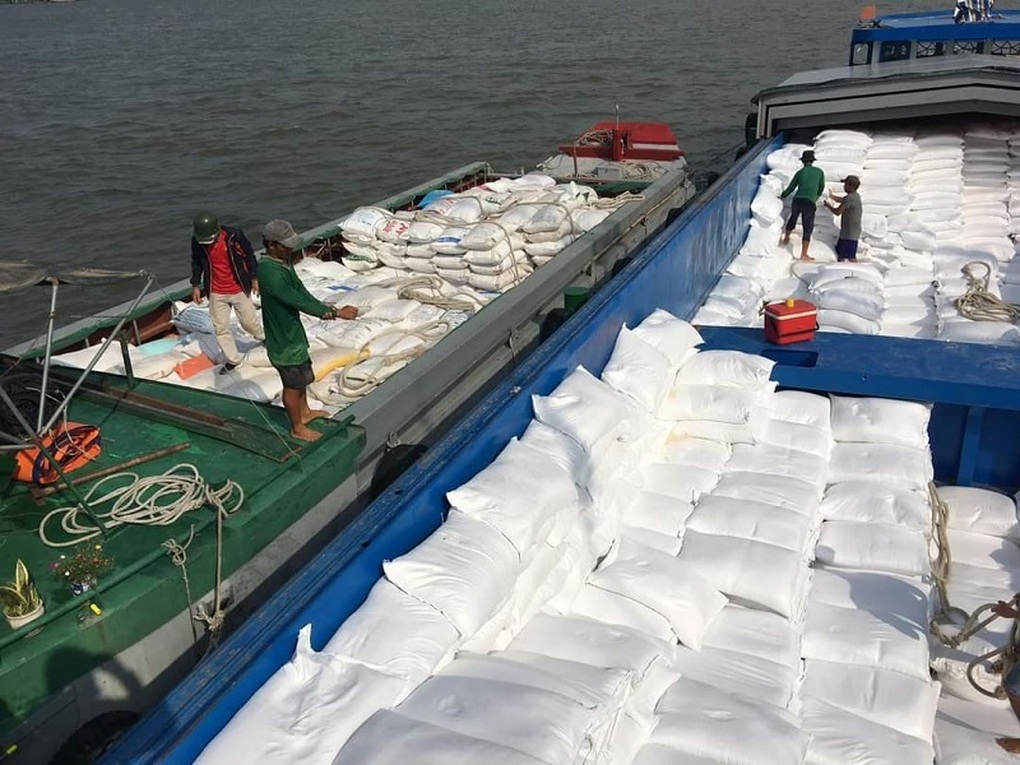
Rice boat in Can Tho (Photo: Duy Khang).
Some sources from the Philippines said that the rice import ban will expire in October. Then, at the conference between the Senate and the Department of Agriculture , the Philippine Minister of Agriculture proposed to extend the rice import ban until the end of November, and increase the rice import tax, but the Senate did not agree, but instead proposed to impose a floor price for rice purchases for farmers, and a floor price for retail rice.
Some Vietnamese businesses believe that there is a high possibility that the Philippines will impose a floor price for purchasing rice from farmers and a floor price for retailing rice in the country. The Philippines' imposition of a floor price for purchasing rice from farmers and a floor price for retailing rice will greatly affect Vietnam's rice export price, as well as farmers.
According to a long-time rice exporter in Can Tho, whether the Philippines considers setting a floor price for buying rice or a floor price for selling rice in their country, Vietnamese businesses still need to rely on production costs to balance selling prices.
“If the cost of rice production for farmers is around 4,500 VND/kg and they sell it for 5,000 VND/kg, they will make a profit. However, if they sell it for 4,000 VND/kg, farmers will no longer have the motivation to grow rice, and the amount of rice supplied to the market will decrease significantly,” said a representative of this business.
Philippines' import policy is constantly changing.
According to a representative of a rice exporting enterprise in Can Tho, the Philippines may have a surplus of rice due to the sharp increase in imports in previous years. However, when prices are no longer attractive, farmers will reduce production, and when there is a shortage, prices will increase. Therefore, enterprises should not lower prices massively but should keep goods and sell them at reasonable prices.
“Enterprises need to look at the big picture. If the export price is lower than the production cost, they should keep the goods and not sell them off. The current global context is full of instability - from war to natural disasters - just a few big storms that damage crops in major consuming countries will cause import demand to increase dramatically,” the business emphasized.
The Philippines’ temporary suspension of rice imports is not a new development, because countries like Indonesia and the Philippines always consider food security a sensitive issue. They often change policies to control domestic rice prices.
The Philippines has been hit hard by storms and floods that have damaged crops. Experts believe that the country’s suspension of imports is only temporary and will soon be adjusted when domestic supply is in short supply.
Vietnam Food Association: "Need to calmly wait for official information"
Mr. Do Ha Nam - Chairman of the Vietnam Food Association (VFA) - affirmed that after the recent visit and work with the Philippine Ministry of Agriculture, the relationship between the two sides is still good. "Currently, the Philippines has only proposed to temporarily suspend imports until the end of November 2025. The information about extending the suspension of imports or imposing a 35% import tax... as rumored is not accurate," Mr. Nam said.
According to VFA, there has been no official document from the Philippines regarding the long-term suspension of rice imports. When there is specific information, the association will promptly and widely inform member businesses. “Rice exporting businesses need to stay calm and avoid being affected by rumors,” Mr. Nam emphasized.
In addition, VFA has just announced that the Ministry of Industry and Trade has assigned the association to implement a Government-to-Government (G2G) rice export contract with the Government of Senegal. The contract is expected to be implemented in November, opening up new opportunities for Vietnamese rice in the African market - a region assessed to have strong growth potential.
According to experts, in the context of the export market being temporarily stagnant, businesses need to maintain a long-term strategy, diversify the market and stabilize selling prices to ensure the interests of both businesses and farmers. This is the key factor to help the Vietnamese rice industry maintain its position and develop sustainably in the coming period.
Businesses complain about difficulties due to VAT refunds
According to Mr. Do Ha Nam, the urgent problem now is not the Philippines' temporary suspension of imports, but the slow refund of value-added tax (VAT), which has caused businesses' cash flow to be "clogged".
The difficulty is reflected in the amount of goods temporarily stored but not yet exported, causing VAT to not be refunded. Even contracts that have been delivered are facing problems with tax refund procedures, causing capital to stagnate.
“This is the biggest difficulty facing rice exporting enterprises at present. We recommend that the Government and the Ministry of Finance soon find a solution to help enterprises maintain operations,” said Mr. Nam.
Source: https://dantri.com.vn/kinh-doanh/xuat-khau-gao-tram-lang-hiep-hoi-luong-thuc-keu-goi-doanh-nghiep-binh-tinh-20251013184208967.htm








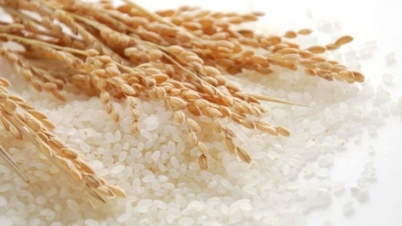

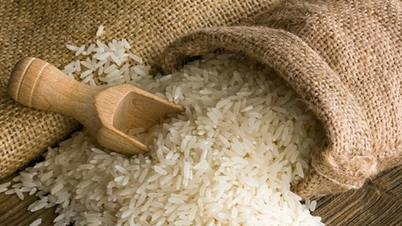
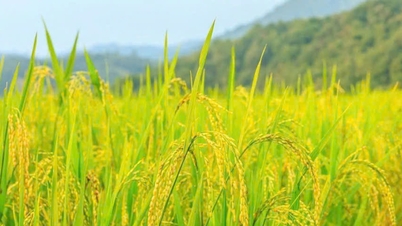
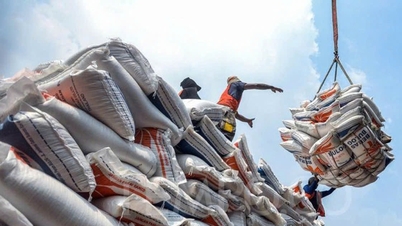


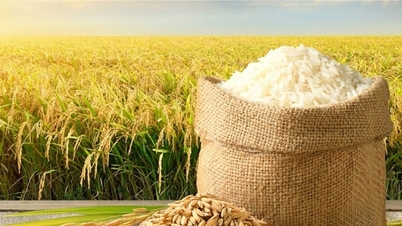


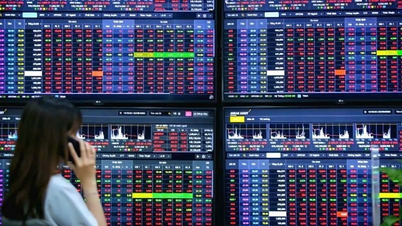

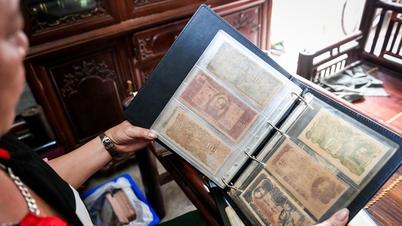

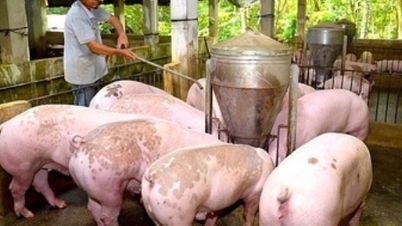


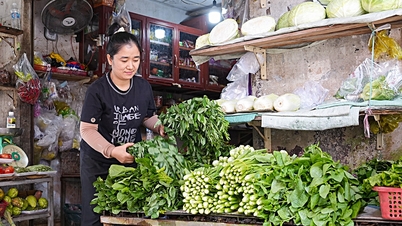













































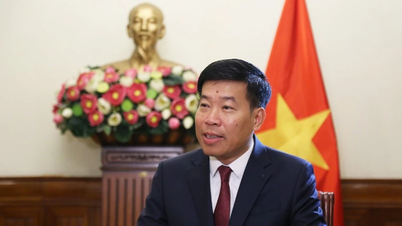
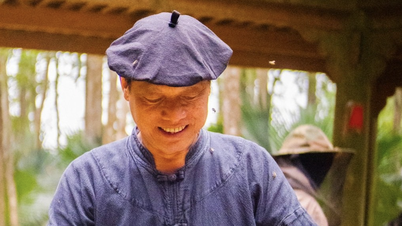









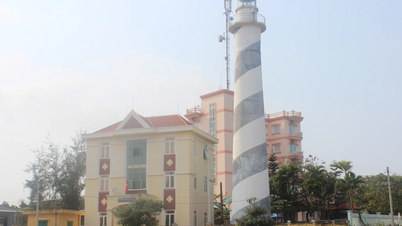

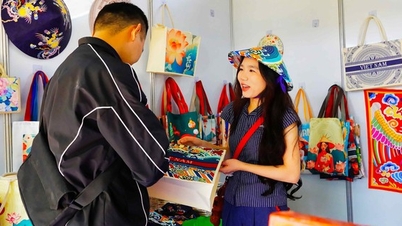


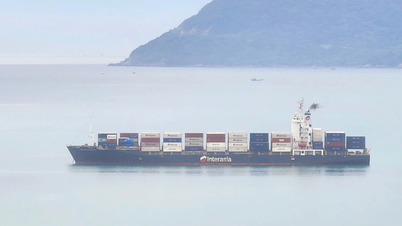


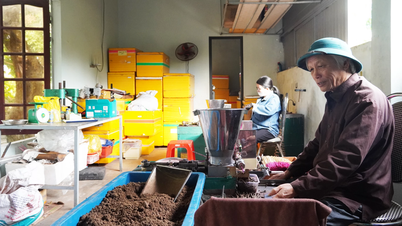









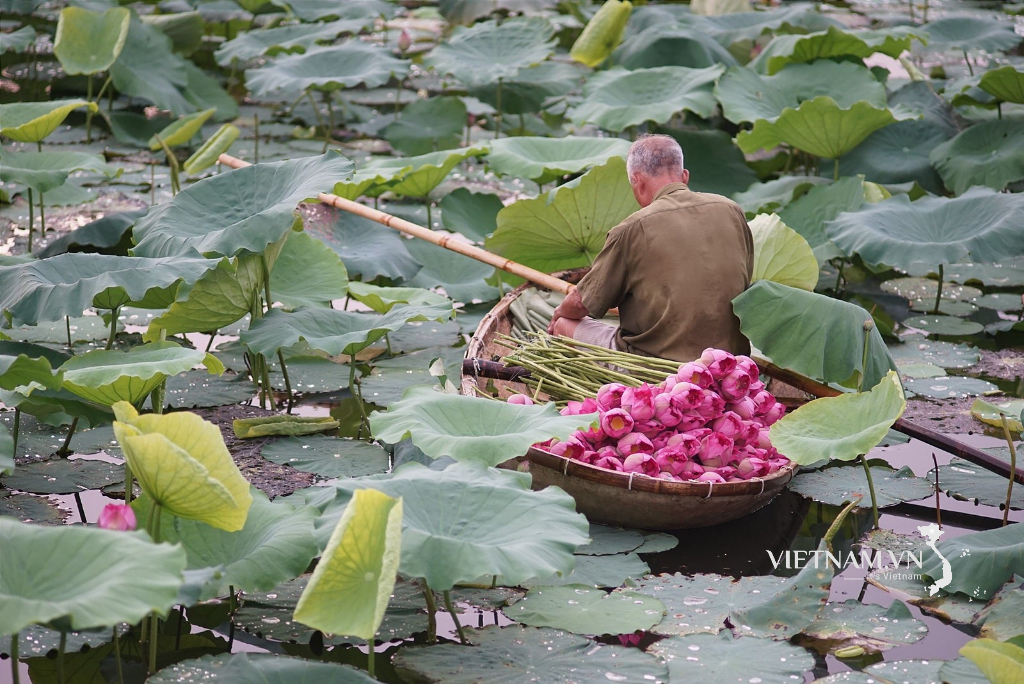
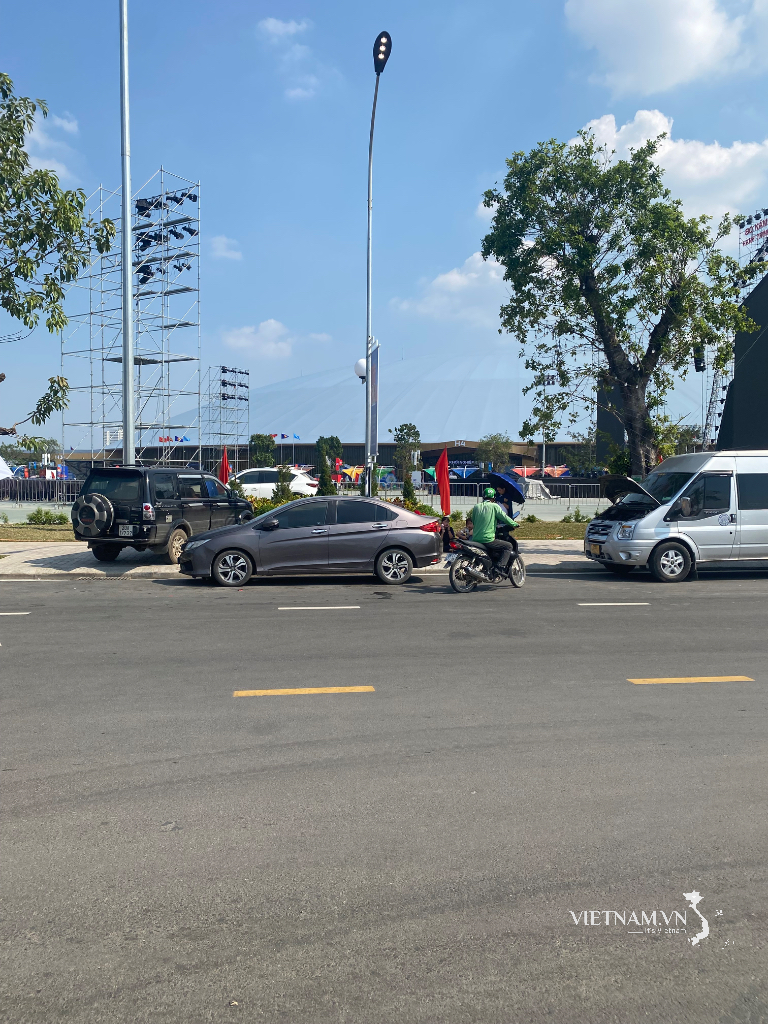


Comment (0)